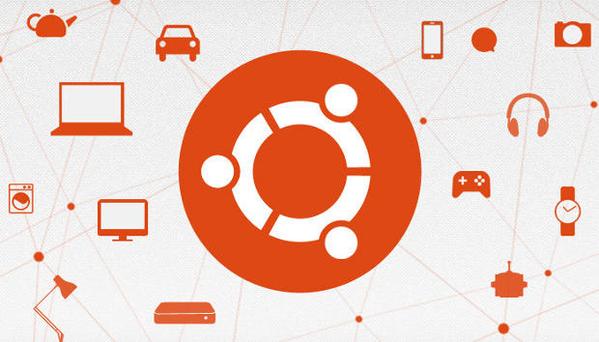Ubuntu is a full-blown OS and lately, the same has expanded to phones and IoT devices, posing a real security and reliability threat. These security challenges span equally over desktop and server systems making it a cause of frustration among users and developers who want newer software on long-term supported releases. Due to this very reason, snap packaging format and tools have been developed by the parent company.

Canonical, the company behind Ubuntu is trying to make things easy by allowing to install snap packages alongside traditional deb packages. Both the packaging formats won’t interfere with one another and enable the Ubuntu team to maintain their existing processes for development and updates to the OS. This will also strengthen their ties with the Debian community.
With Snap packages, developers can bring much newer versions of apps to Ubuntu 16.04 LTS. Until now, the complexities of packaging and providing updates had prevented the Ubuntu team from developing newer versions of KDE, GNOME, browser or other desktop environment apps which would have been easily build on older LTS releases.
Snap applications are isolated from rest of the system allowing much faster iteration across all Ubuntu flavors. There is no need to worry about the impact on their apps or system as a whole. Also, developers will have better control over the update cycle as they can decide to bundle specific versions of a library with their app. Transactional updates make deployments of snap packages more robust and reliable.
Canonical developer, Olli Ries says, “By bringing snap packages to Ubuntu 16.04 LTS we are unifying the experience for Ubuntu developers, whether they are creating software for PC, Server, Mobile, and IoT Devices. Snapcraft, a tool available for snap development, makes it easy for developers to package their apps and dependencies. Developers targeting snap packages get a great environment to write and test their applications – directly on their desktop, rather than being forced to use a device or a virtual machine.”
The company plans to migrate the application from debs to snaps by Autumn 2016, ensuring no developer is frustrated with managing dependencies and compatibility with various libraries, especially on older releases of Ubuntu.
You can read the complete story HERE
